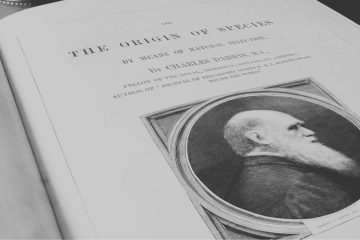What Happened On January 15th?
Today in the year 2001, the game-changing site, Wikipedia was launched. Created as an online encyclopedia, Wikipedia revolutionized the way information is created, shared, and accessed, even today!
Still, Wikipedia stands as one of the most visited websites globally, with over a billion edits across 17.6 million articles! It has become a necessary part of digital information today, as it embodies open collaboration, accessibility, and the democratization of knowledge.
Who Founded It?
Wikipedia was co-founded by Jimmy Wales and Larry Sanger. Frustrated by the limitations of traditional encyclopedias and inspired by the potential of collaborative technology, the project aimed to create a freely accessible, edited repository of knowledge that anyone could benefit from.
The Day It Went Live…
Wikipedia adopted the “wiki” format, a collaborative editing system that allows users to easily create and edit content. This technology enabled a dynamic and participatory approach to building an online encyclopedia.
A key distinguishing feature of Wikipedia was its open editing philosophy. Unlike traditional encyclopedias with a closed editorial process, Wikipedia allowed anyone with internet access to contribute and edit articles.
In its early days, Wikipedia experienced a surge in content creation. Contributors from around the world collaborated to add articles on a wide range of topics. The open nature of the platform encouraged a diverse and extensive pool of contributors.
Wikipedia’s success can be attributed to its grassroots movement. Volunteers, enthusiasts, and experts alike joined forces to build a comprehensive and freely available knowledge base. The project’s success was driven by the collective efforts of a global community.
Why Wikipedia Became So Popular
Wikipedia’s commitment to providing free access to knowledge resonated with internet users worldwide, thus becoming a valuable resource as it offered information on extensive arrays of topics without subscription fees. On average 39.9 million individuals access Wikipedia every single day!
Wikipedia’s availability in multiple languages contributed to its global impact. Users from different countries and linguistic backgrounds could contribute to and access information in their native languages, making it a truly international knowledge hub.
Despite initial skepticism about the reliability of user-generated content, Wikipedia developed mechanisms to ensure accuracy and reliability. The platform’s adaptability to evolving information and its commitment to constant improvement contributed to its enduring success.
Wikipedia gained a great amount of media attention, which further fueled its popularity. The platform’s collaborative model and commitment to openness attracted partnerships, such as Twitter along with other educational collaborations.
Questions, Comments, Concerns?
The birth of Wikipedia genuinely changed the world, and how so many people learn and perceive things.
However, nowadays, information can be accessed so effortlessly, and people have become reliant on the internet and Wikipedia.
How would the world be different without Wikipedia? Would it be better or worse?
Please answer the question below…





